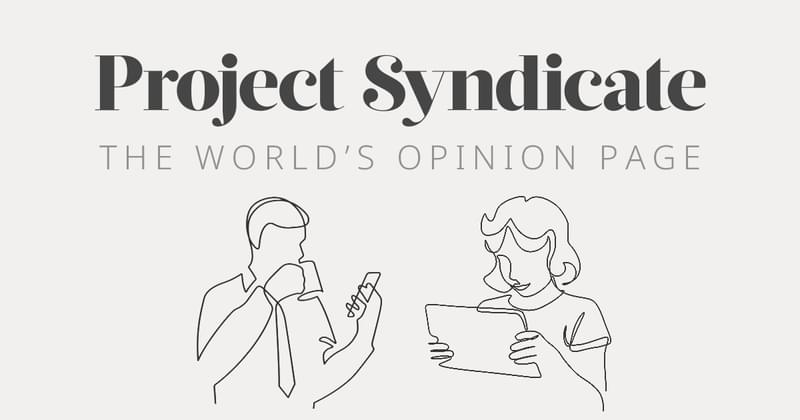Economic Damages of Delayed Climate Action
by Kent D. Daniel, Robert B. Litterman, and Gernot Wagner
Abstract:
Delayed climate mitigation imposes substantial economic costs by shifting the burden of adjustment onto future generations. We quantify these welfare losses within a climate-economy model that allows us to calculate the dead-weight loss (DWL) of underpricing carbon pollution. We simulate policy delay by constraining initial mitigation years and comparing resulting welfare outcomes to an unconstrained baseline. We show analytically that delay raises the required expected entry carbon price. Across scenarios, expected re-entry prices are higher by roughly 0.4-0.9% per additional year of delay. The consumption-equivalent DWL even for short delays of 5 to 15 years ranges from 14-32% of first-period consumption, or roughly $8-19 trillion (2020 USD) in one-time compensation. DWLs rise steeply but concavely in the length of delay, reflecting catch-up pricing and abatement once the constraint lifts.
JEL: D62,G12,Q54
Keywords: climate risk, climate policy, cost of carbon
Draft: "Economic Damages of Delayed Climate Action" (PDF)
Presentation: Dialogues in Complexity Workshop, Princeton, NJ (20-21 November 2025).

